Nearly 1,000 arrested in Pakistan's Punjab amid anger, protests over ex-PM arrest
Pakistani police have detained nearly 1,000 protesters in eastern Punjab Province as the arrest of the country’s last prime minister Imran Khan has sparked violent nationwide protests.
The police declared in a Wednesday statement that 945 "law breakers and miscreants" were detained across the province, adding that 130 officers were injured in violent clashes that broke out with Khan’s supporters.
The official statement further added that more than 25 police vehicles were set on fire, while 14 government buildings were attacked and looted by the protesters,.
Khan, a popular premier who was forced out of office last year by the country's judiciary and legislature, was arrested during a court appearance on alleged corruption charges in the capital Islamabad on Tuesday.
Video broadcast on local TV channels showed the former prime minister being manhandled by paramilitary rangers of the Army into an armored car inside the Islamabad High Court premises.
The protesters took to the streets in several cities across the country just hours after Khan’s arrest.
The Pakistani police used water cannons and fired teargas canisters to disperse angry protesters that insist the former prime minister has been arrested on trumped up allegations to bloc his return to power.
On Wednesday, Khan appeared in a special court at the capital's police headquarters to respond to alleged graft charges.
Some local media, citing unnamed sources, reported that prosecutors had asked for Khan to remain in custody for 14 days.
Shah Mehmood Qureshi, vice chairman of Khan's Pakistan Tehreek-e-Insaf (PTI) Party, has urged supporters to keep protesting in a "lawful and peaceful manner," adding that party lawyers would file appeals and petitions against Khan's arrest.
Khan's graft case is only one of over 100 politically-motivated legal complaints brought against him since he was ousted by a legislative no-confidence vote last year.
He has since led a popular campaign against the current, un-elected government led by Prime Minister Shahbaz Sharif, accusing it of colluding with the country's military to remove him from office.
After his ouster in March last year, Khan accused an unnamed "foreign power" -- in a clear reference to the United States -- of funding a "conspiracy" to topple his democratically elected government.
Khan insisted that the "foreign power" sent millions of dollars to opposition parties to launch a no-confidence vote against him in the parliament.
The former prime minister has declared he fears for his life if detained, and that authorities want him jailed to prevent him from contesting an election.
Last year, Khan was shot in the leg during a political rally, an assassination bid he blamed on Prime Minister Shehbaz Sharif. Previous attempts to arrest Khan from his home in Lahore saw clashes between his supporters and security forces.
Local observers widely believe that many of Pakistan's high-ranking politicians and military officials have long maintained close ties with Britain and the United States, and many of them and their family members also live and work in the two Western countries.
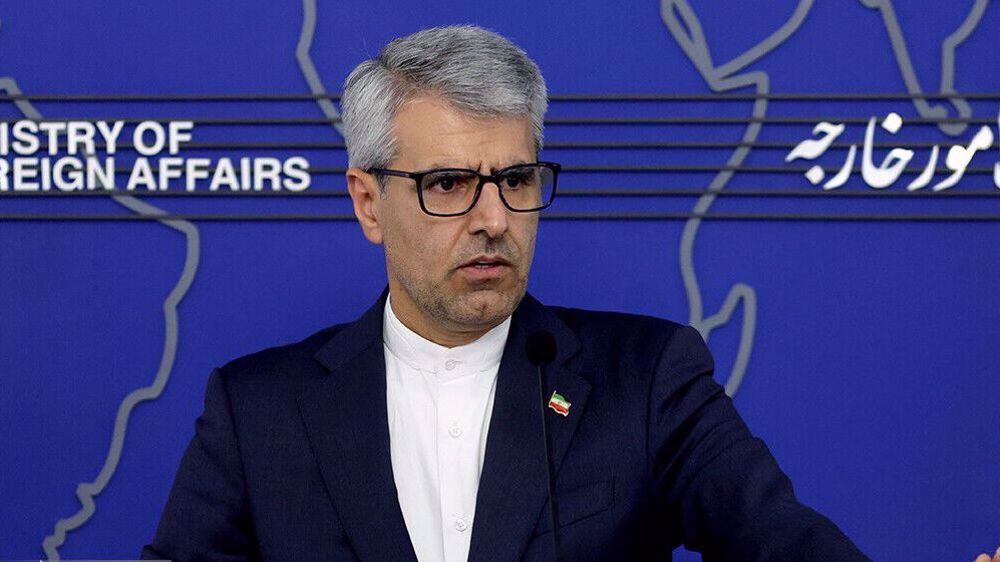
Iran condemns Pakistan terrorist attack, urges stronger cooperation in fight against terror
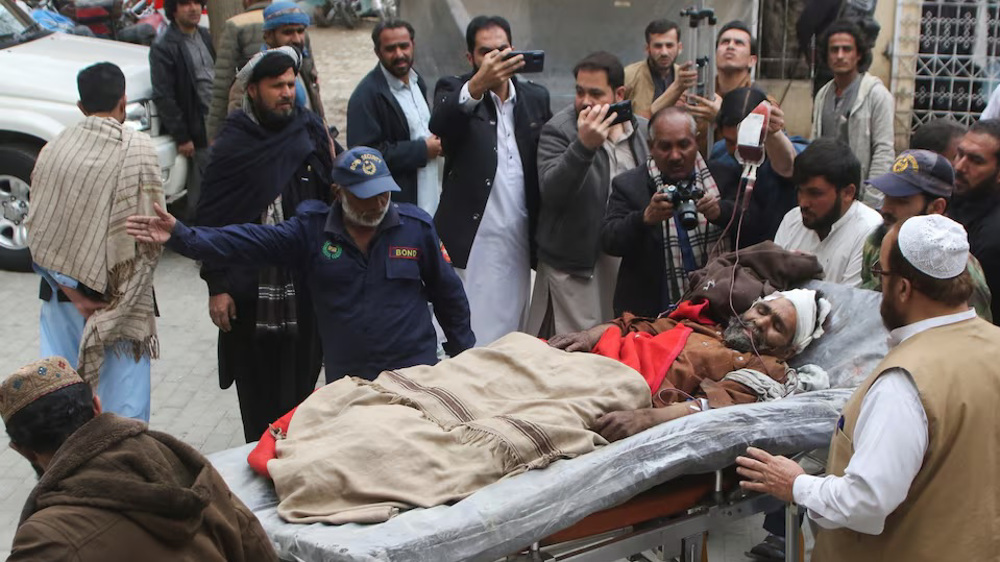
At least 11 killed in roadside bombing in Pakistan’s Balochistan
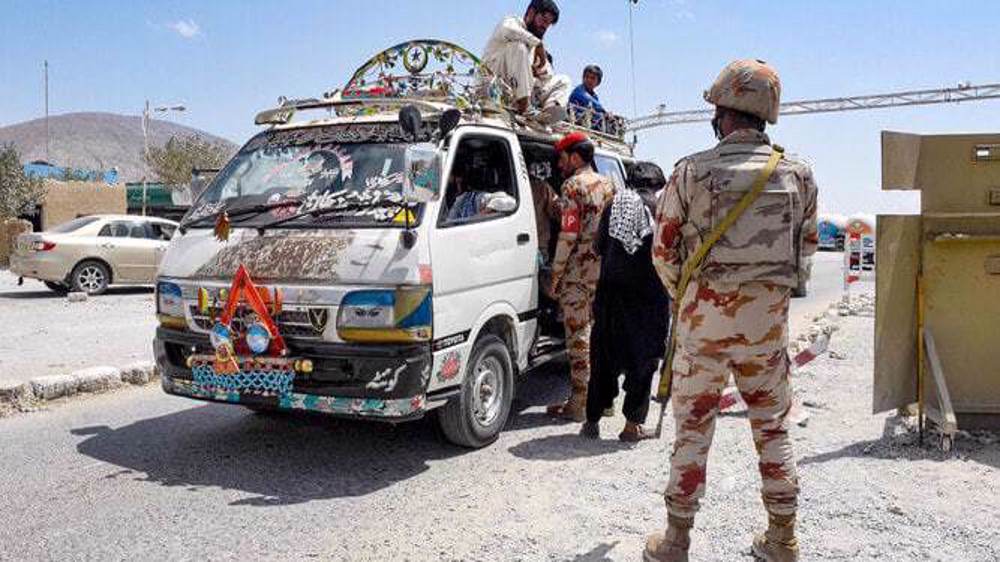
Police say 18 soldiers killed in ambush in southwestern Pakistan
Netanyahu: Israel won't allow Hayat Tahrir al-Sham forces in southern Syria
Hezbollah leaders’ historic funeral showed resistance strength: Islamic Jihad
Iran reports surge in air traffic as Austrian, Lufthansa resume flights
VIDEO | South Africans set to lobby government to isolate Israel
IRGC chief: Nasrallah decisive figure in regional equations with global dimensions
VIDEO | Press TV's News Headlines
Netanyahu's son 'exiled abroad for hitting his father': Knesset member
Iran money supply up 28.4% y/y in late January: CBI


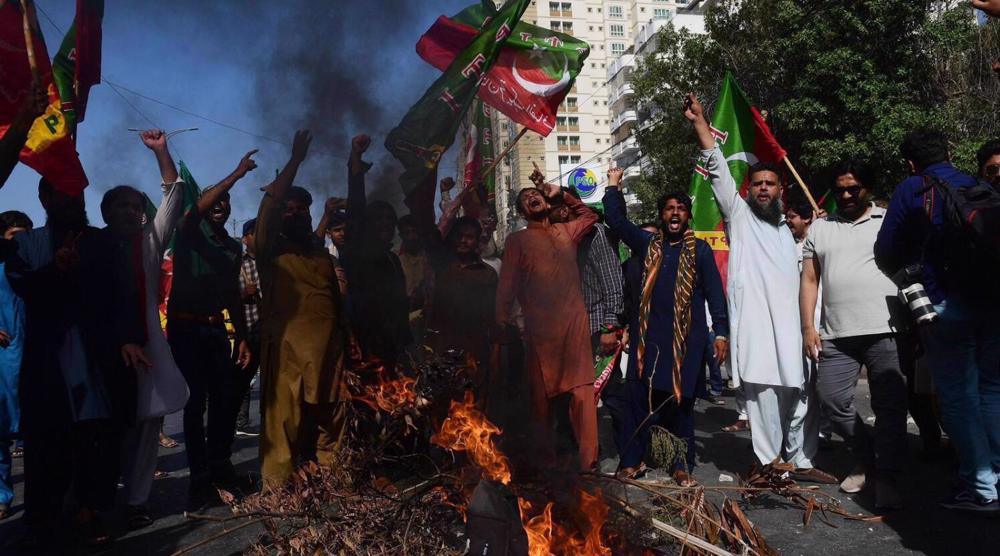
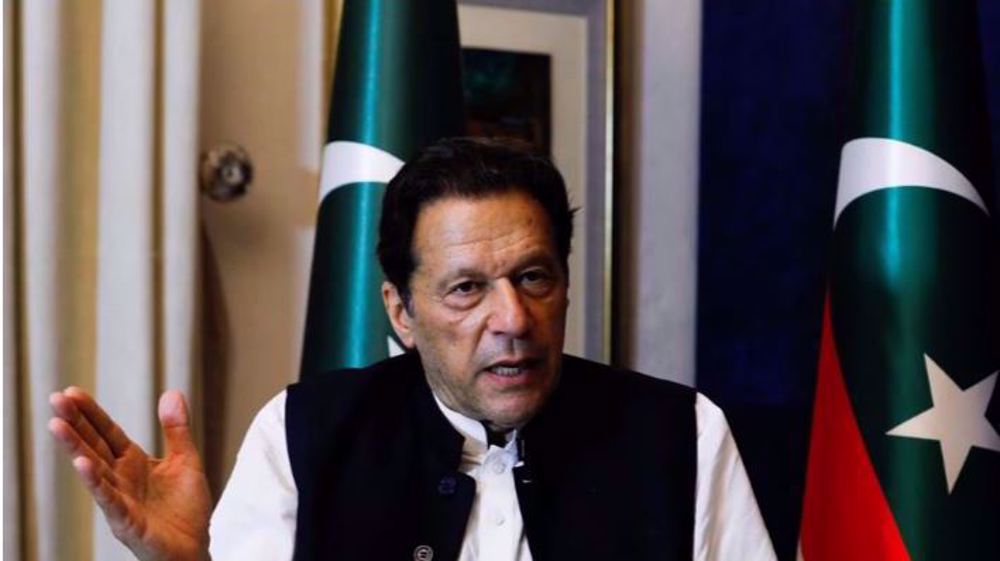
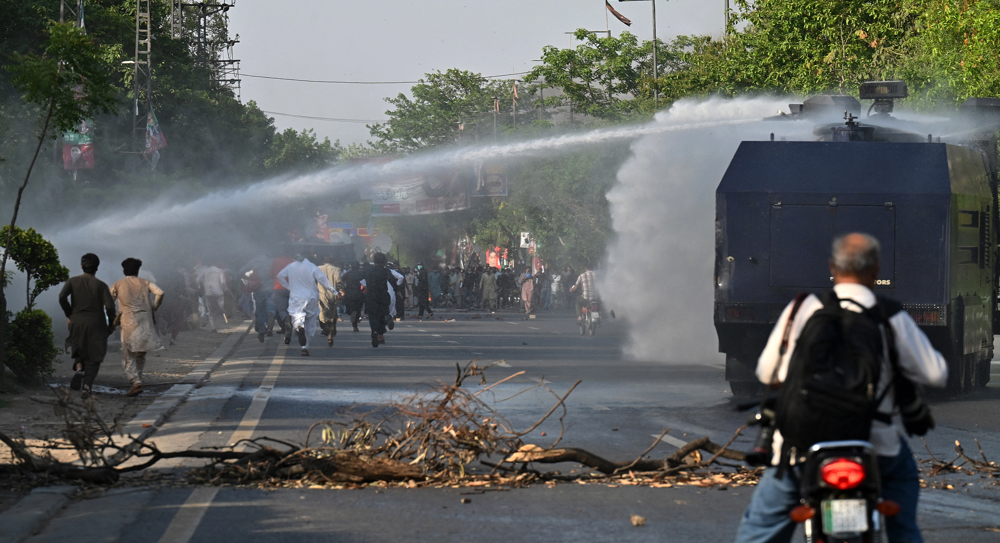



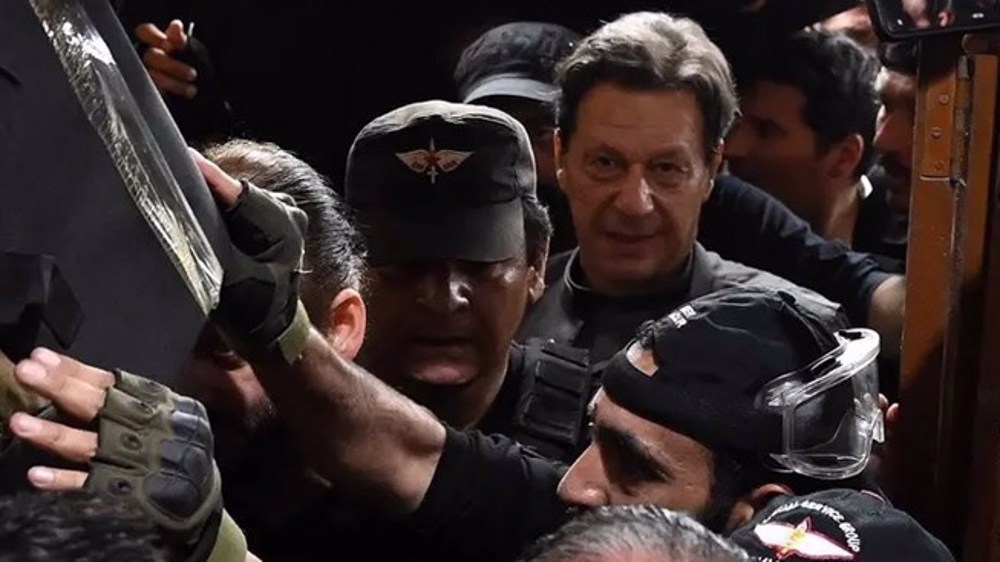

 This makes it easy to access the Press TV website
This makes it easy to access the Press TV website